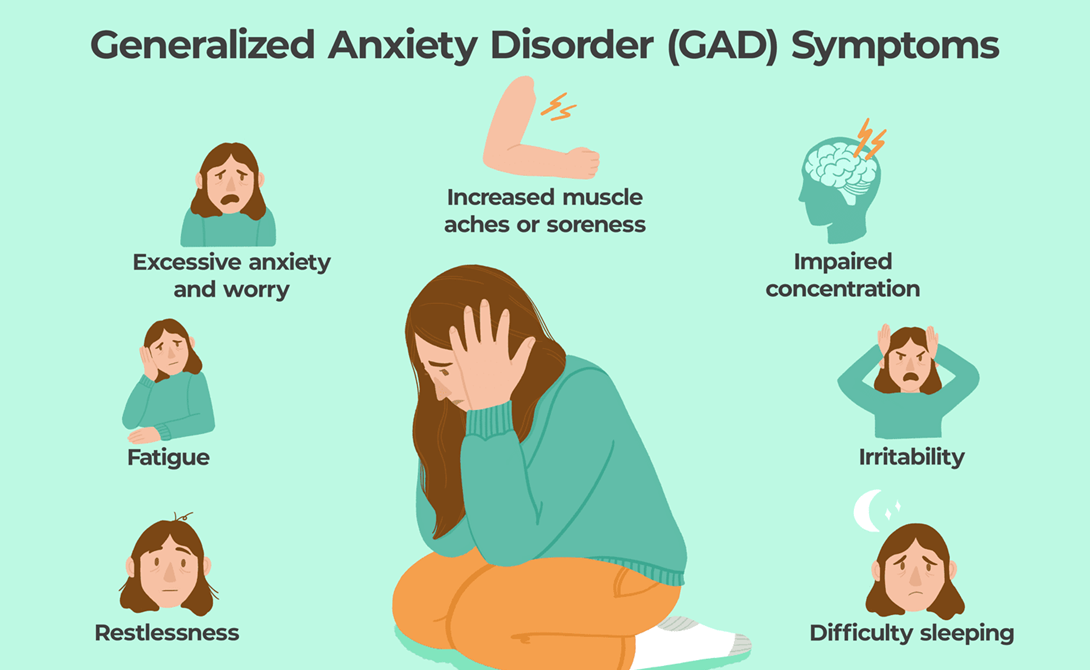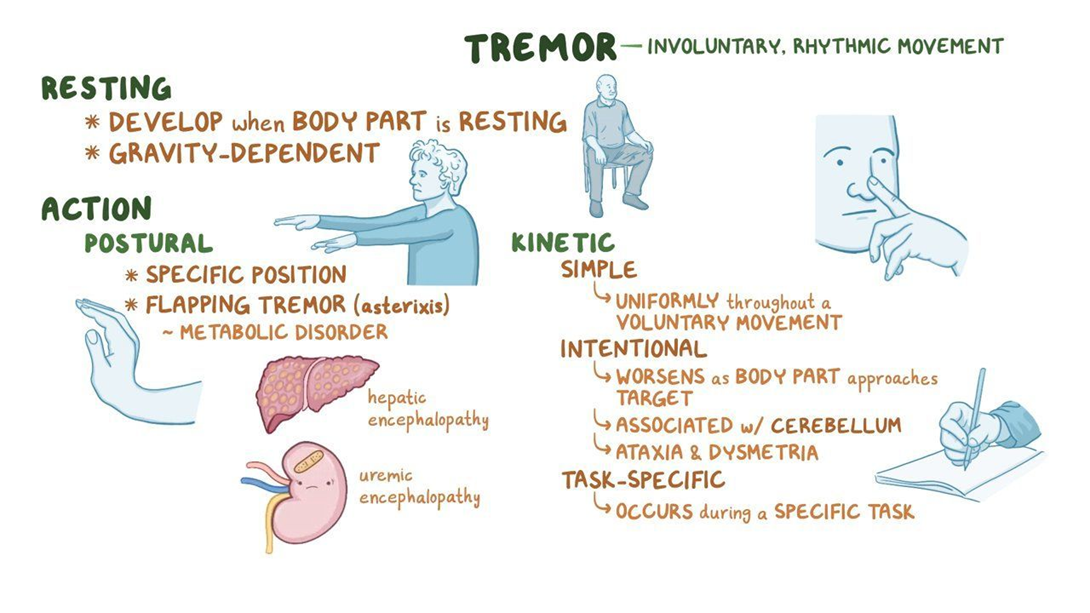A client is having trouble remembering to take his antipsychotic medication, risperidone 3 mg PO, BID. The treatment team at the clinic he attends is considering starting him on risperidone 10 mg IM every 2 weeks. The rationale for this is:
This will help with medication compliance.
It will help him remember to take his medication.
This has a faster onset of action.
This new medication is stronger and will clear his symptoms faster.
The Correct Answer is A
Choice A Reason:
This will help with medication compliance.
This is the correct response. Long-acting injectable (LAI) antipsychotics like risperidone IM are often used to improve medication compliance in patients who have difficulty remembering to take their oral medications regularly. By administering the medication every two weeks, the treatment team can ensure that the client receives a consistent dose, reducing the risk of relapse due to missed doses. This approach is particularly beneficial for clients with schizophrenia, as consistent medication adherence is crucial for managing symptoms and preventing hospitalizations.
Choice B Reason:
It will help him remember to take his medication.
While this statement is related to medication compliance, it is not entirely accurate. The purpose of switching to an injectable form is to eliminate the need for the client to remember to take daily doses. Instead, the healthcare provider administers the medication at regular intervals, ensuring adherence without relying on the client’s memory.
Choice C Reason:
This has a faster onset of action.
This statement is incorrect. The onset of action for long-acting injectable risperidone is not necessarily faster than the oral form. In fact, LAIs are designed to release the medication slowly over time to maintain stable blood levels. The primary advantage of LAIs is improved adherence, not a faster onset of action.
Choice D Reason:
This new medication is stronger and will clear his symptoms faster.
This statement is also incorrect. The strength of the medication and the speed at which it clears symptoms are not the primary reasons for switching to an injectable form. The goal is to ensure consistent medication levels and improve adherence, not to increase the potency or speed of symptom relief.
Nursing Test Bank
Naxlex Comprehensive Predictor Exams
Related Questions
Correct Answer is C
Explanation
Choice A Reason:
Labeling mild anxiety as pathologic and suggesting that it warrants postponing the test is not accurate. Mild anxiety is a normal response to stress and can actually be beneficial in certain situations. It helps to increase alertness and focus, which can improve performance on tasks such as taking a test. Pathologic anxiety, on the other hand, is excessive and persistent, interfering with daily functioning and requiring clinical intervention.
Choice B Reason:
The idea that mild anxiety may be transferred to classmates and result in generalized anxiety disorder is not supported by evidence. Anxiety is a personal experience and while it can be influenced by the environment, it is not something that can be directly transferred from one person to another. Generalized anxiety disorder is a chronic condition characterized by excessive worry about various aspects of life, and it develops due to a combination of genetic, environmental, and psychological factors.
Choice C Reason:
While severe anxiety can interfere with cognitive ability, mild anxiety typically does not. In fact, mild anxiety can enhance cognitive performance by increasing alertness and focus. It is only when anxiety becomes overwhelming that it starts to impair cognitive functions such as memory, attention, and problem-solving.

Choice D Reason:
Mild anxiety is conducive to concentration and problem-solving. This level of anxiety can act as a motivator, helping individuals to focus better and perform tasks more efficiently. The Yerkes-Dodson law suggests that there is an optimal level of arousal (including anxiety) that enhances performance. Too little arousal can lead to underperformance, while too much can cause performance to deteriorate.
Correct Answer is D
Explanation
Choice A Reason:
Pseudo-Parkinsonian side effects, also known as drug-induced parkinsonism, can occur with the use of antipsychotic medications like haloperidol. These side effects include symptoms such as rigidity, bradykinesia, tremor, and postural instability. However, the description of the client’s neck arched sharply backward is more indicative of an acute dystonic reaction rather than pseudo-Parkinsonian side effects. Pseudo-Parkinsonian symptoms typically develop more gradually and do not present with such dramatic posturing.
Choice B Reason:
While some side effects of haloperidol can be temporary and may disappear after several days, the acute dystonic reaction described in the scenario requires immediate intervention. Acute dystonic reactions are characterized by sudden, severe muscle contractions that can be painful and potentially dangerous if they involve the airway. Therefore, it is crucial to address this reaction promptly rather than waiting for it to resolve on its own.
Choice C Reason:
Increasing the dosage of haloperidol in response to the described symptoms would likely exacerbate the situation. The client’s symptoms are not indicative of worsening psychotic behavior but rather an adverse reaction to the medication. Increasing the dosage could lead to more severe side effects and complications. The appropriate response is to treat the acute dystonic reaction and reassess the medication regimen.
Choice D Reason:
An acute dystonic reaction is a known side effect of antipsychotic medications like haloperidol. It involves sudden, severe muscle contractions, often affecting the neck, face, and back. This reaction can be distressing and requires immediate treatment with anticholinergic medications such as benztropine or diphenhydramine. Prompt intervention can relieve the symptoms and prevent further complications.

Whether you are a student looking to ace your exams or a practicing nurse seeking to enhance your expertise , our nursing education contents will empower you with the confidence and competence to make a difference in the lives of patients and become a respected leader in the healthcare field.
Visit Naxlex, invest in your future and unlock endless possibilities with our unparalleled nursing education contents today
Report Wrong Answer on the Current Question
Do you disagree with the answer? If yes, what is your expected answer? Explain.
Kindly be descriptive with the issue you are facing.
